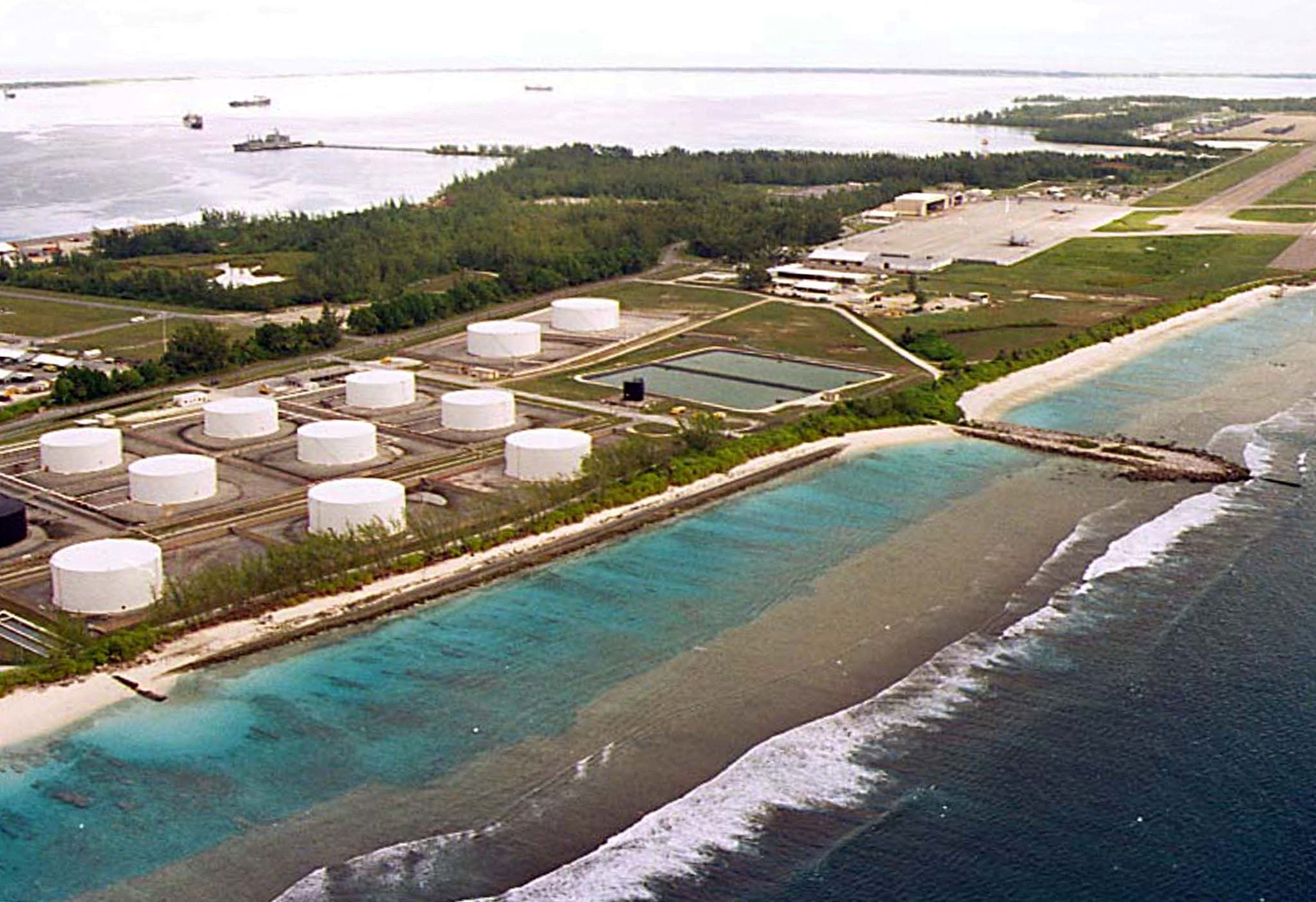Deal struck to deport migrants arriving in the Chagos Islands to British island territory
The government of St Helena has been handed £6.65m to take migrants who arrive in the Chagos Islands
Sir Keir Starmer has agreed a deal to deport migrants arriving in the Chagos Islands in small boats to a British island territory.
Refugees arriving in the archipelago will be removed to St Helena, another UK territory more than 5,000 miles away in the Atlantic Ocean.
The deal was reached in the wake of a political agreement for the UK to hand the Chagos Islands over to Mauritius, following negotiations that began in 2022.
That decision, announced earlier this month, is designed to secure the future of a secretive military base on the island of Diego Garcia, but it has also left the UK without sovereign territorial control over the islands.

Under the migrant deal, the government of St Helena has been handed £6.65m to house any migrants that arrive on the Chagos Islands until the full agreement has been worked out.
But there has been opposition from within the territory, with a St Helena councillor warning that an influx of migrants could cause a “cultural shock”.
Andrew Turner told The Telegraph: “We are a very small island. There are less than 4,500 people who are resident on St Helena, so any influx to the island would have an impact.
“This is the kind of place where you know pretty much anyone you pass on the street on a first-name basis. The cultural shock alone would have a big impact.”
Meanwhile, campaign group Friends of the British Overseas Territories said the deal showed a “lack of understanding” from the British government of the problems on St Helena.
“St Helena is a small island with public services that already face a number of pressures”, a spokesperson added.
But Julie Thomas, chief minister of St Helena’s said the agreement “presents a unique opportunity” for the island to assist the UK.
“We are pleased to be able to work in close partnership with the UK government towards a mutually beneficial solution”, she added.

It is understood the arrangement will last for 18 months, with Mauritius taking responsibility of any arrivals after Chagos handover deal comes into force.
And it will only apply for migrants arriving from now to Diego Garcia, a government spokesperson said.
Foreign Office sources told The Telegraph that migrants threatened the operation of the air base, which is set to remain under UK-US command after Mauritius takes control of the islands.
While the base will remain on the island, the agreement has triggered fears that China could be permitted to establish its own bases in the Chagos Islands, as well as raising concerns that Britain’s control of the Falklands could be under threat.
It also sparked anger among Chagossians, who have accused the government of excluding them from talks.
Chagossian Voices, a group representing indigenous people from the Chagos Islands, said their views had been “consistently and deliberately ignored” throughout the drafting of the agreement.
A government spokesperson said: “This government inherited a deeply troubling situation which remained unresolved under the last administration for years after the migrants’ arrival on Diego Garcia, resulting in mounting legal challenges.
“The British Indian Ocean Territory has never been a suitable long-term location for migrants. Ministers have worked hard to find solutions and contingency plans which protect the integrity of British territorial borders and migrant welfare.”
Join our commenting forum
Join thought-provoking conversations, follow other Independent readers and see their replies
Comments
Bookmark popover
Removed from bookmarks